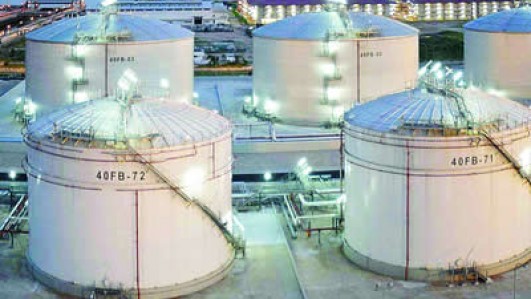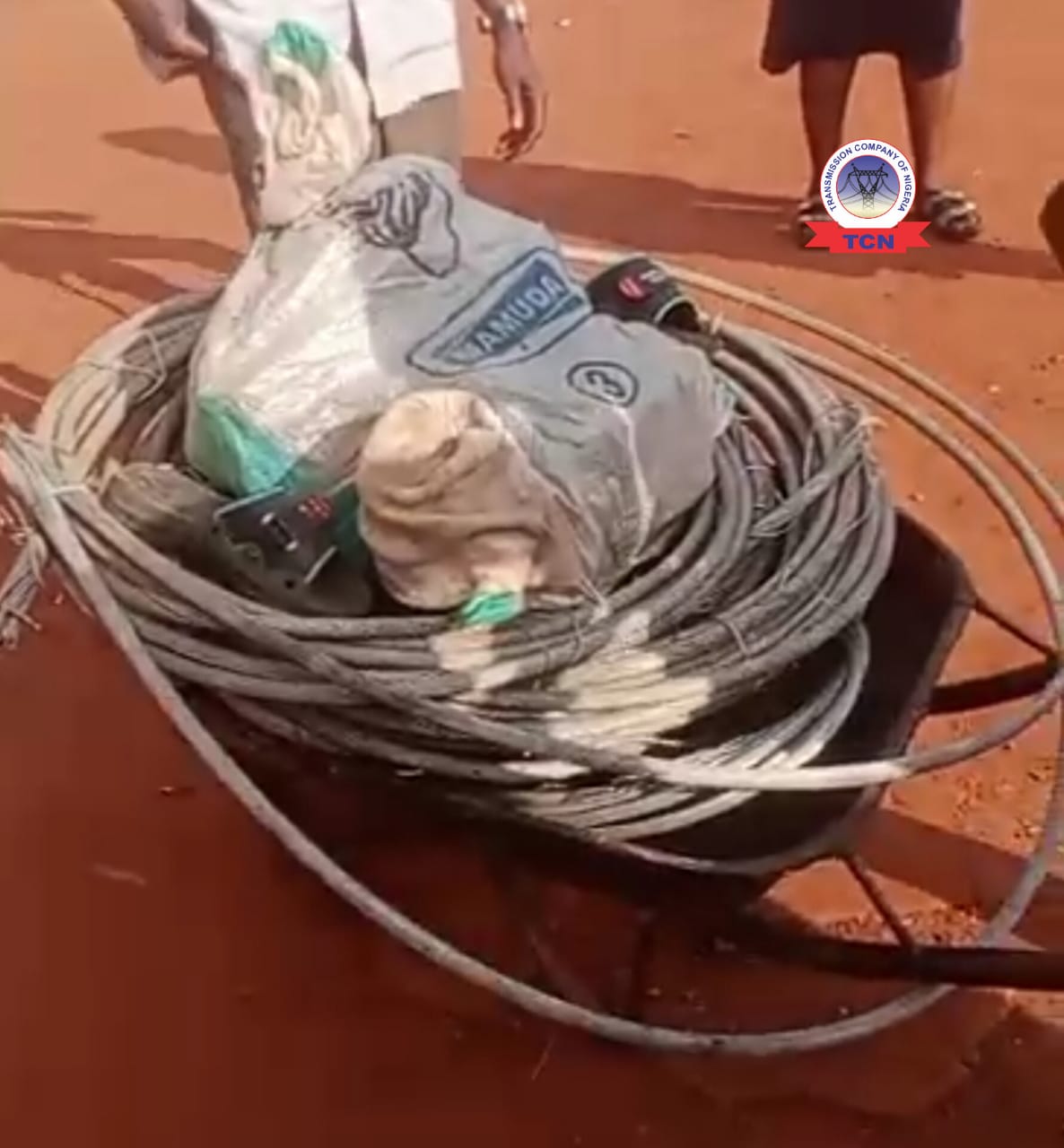Gas producers for Nigeria’s power sector lose N109.5 billion yearly to dollar-denominated transactions in the supply of 1.5 billion-2 billion cubic feet of gas per day (bcf) to the domestic market, THISDAY has reported.
The gas producers have asked the Nigerian Bulk Electricity Trading Plc (NBET) to pay for gas supplied for power generation at the Nigerian Autonomous Foreign Exchange Rate (NAFEX) of N360 –N365 per dollar, which according to them, is the real market rate.
THISDAY gathered that while NBET pays the gas suppliers in naira at the exchange rate of N305 for the gas supplied to the generation companies, the gas investors pay N360-N365 to access dollar to embark on gas projects, which are largely denominated in dollar as against the naira.
At the average price of $3 per 1,000 standard cubic feet per day (scf/d), domestic gas producers supply 1.5 bcf of gas to the domestic market at a cost of $4.5 million daily.
Investigation revealed that the gas suppliers were paid the $4.5 million in dollar until 2016 when the Central Bank of Nigeria (CBN) enforced the law, which provides that transactions in the country must be in sovereign currency.
The implication, it was gathered, was that NBET, better known as the Bulk Trader, started paying the gas suppliers the naira equivalent at the exchange rate of N305 per dollar.
But some of the gas producers, who spoke to THISDAY, stated that after being paid at the rate of N305 by NBET for gas supplied, they source dollar at the Nigerian Autonomous Foreign Exchange (NAFEX) rate of N360 –N365 to execute gas projects, thus losing N60 in every dollar transaction.
With the NBET exchange rate of N305 per dollar, the 1.5bcf supplied to the domestic market translates to N1.372 billion daily, or N1.642 billion at NAFEX rate of N365, and this amount to daily difference of N300 million or yearly loss of N109.5 billion to the producers.
Some of the gas producers told THISDAY at the weekend that they are being shortchanged by being paid in Naira, while they execute gas projects in dollar.
“If you produce gas in Nigeria, you are paid in Naira but gas contracts are not done in naira. Only a small portion of the labour is done in Naira. NBET pays us at CBN rate of N305 but if you want to repay your dollar loan, we go through import-export window (NAFEX), which is N360 –N365 per dollar. It means that I am paid at N305 by NBET but for me to buy dollar, I have to pay N365,” a CEO of a Nigerian E & P company told THISDAY.
“The real issue is that gas sales contract is denominated in US dollar and we were paid in dollar up till 2015. But in 2016, the CBN enforced the law, which stipulates that domestic transactions must be in sovereign currency. So, nobody charges in dollar anymore.”
“What we advocate for is that CBN should pay us at NAFEX rate. The import-export rate is the real market rate. We lose 18 per cent of every molecule of gas we sell,” he added.
Also speaking on the issue, the President of Nigerian Gas Association and Chief Executive Officer of Frontier Oil Limited, Mr. Dada Thomas, told THISDAY that the CBN had in April 2017 promised to address the exchange rate disparity when the country’s external reserves hit $36 billion.
Frontier Oil operates Uquo marginal gas field, the only marginal gas field in Nigeria.
“Now, the external reserves is $46 billion. CBN should look at this policy to ensure that monetary policy supports fiscal policy. There is a correlation between GDP and power consumption and you can relate power generation to gas consumption because 80 per cent of power is generated from gas. It is not how much gas you produce but how much you use to fire the local economy,” Thomas said.







